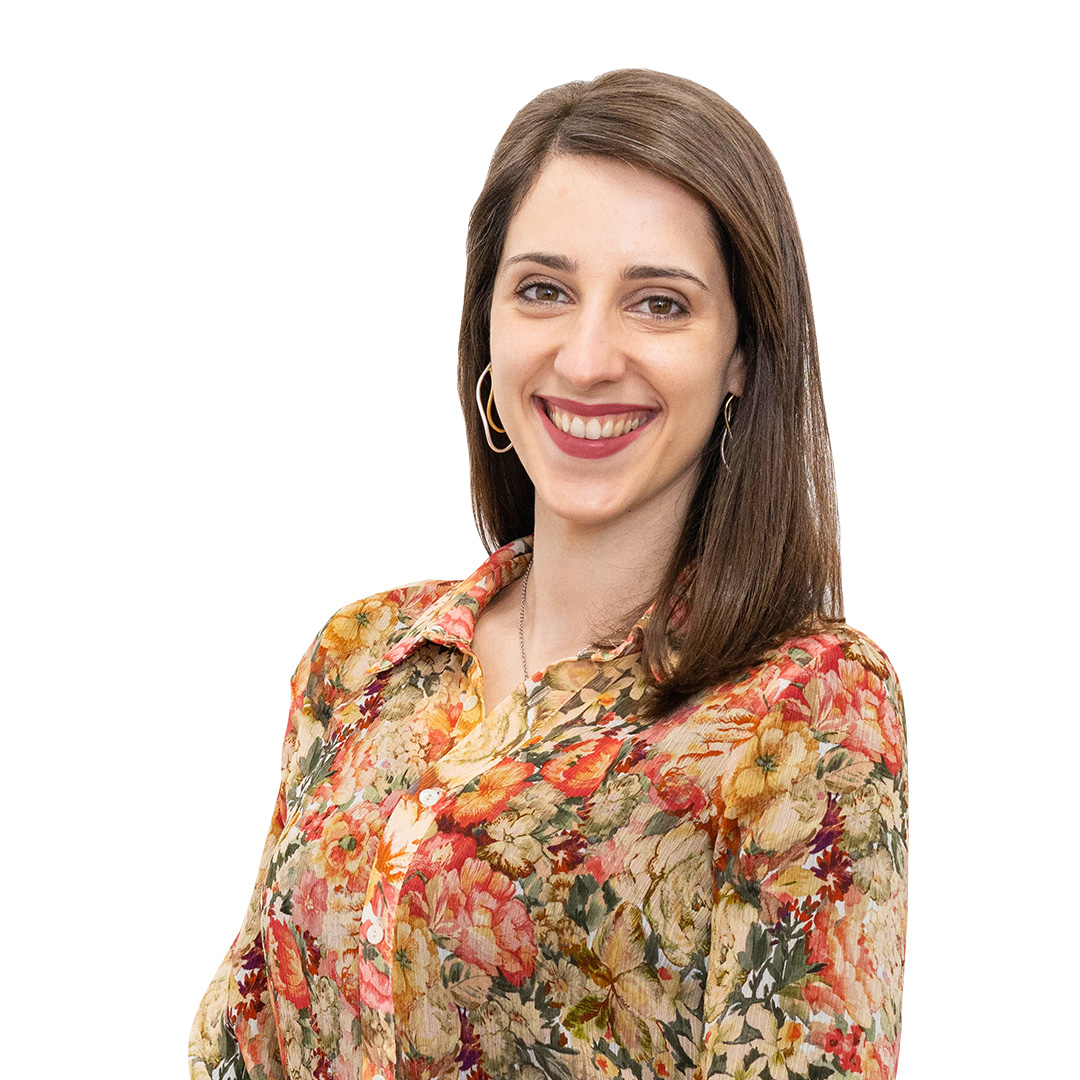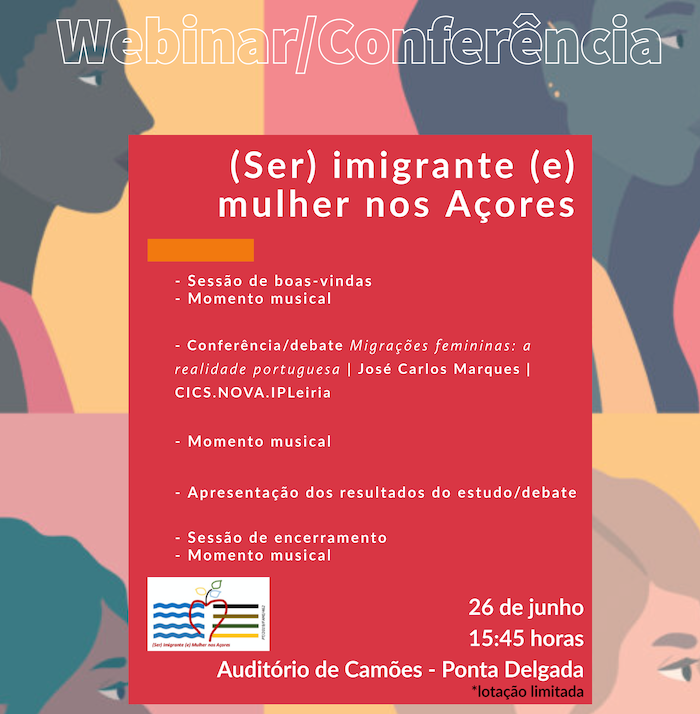| Acronym: | PT/2019/FAMI/462 |
| Cost Center: | 1034 |
| Title: | (Being) Immigrant (and) woman in the Autonomous Region of the Azores |
| Start-End: | 01-10-2019 - 30-06-2021 |
| Entidade Beneficiária Principal: | Fundação Gaspar Frutuoso |
| Gestores da FGF: | Gonçalo Goulart, Paula Oliveira |
| Responsible Researcher: | Maria da Piedade Lima Lalanda Gonçalves Mano |
| Organic Units: | FCSH - Faculdade de Ciências Sociais e Humanas |
| R&D Units: | CICS.NOVA.UAc - Centro Interdisciplinar de Ciências Sociais |
| Entidade | Montante |
|---|---|
| Total Financing | 32.718,77 € |
| Alto Comissariado para as Migrações (75.0 %) | 24.539,08 € |
| Direção Regional das Comunidades (25.0 %) | 8.179,69 € |
Main Objectives:
Characterize groups of immigrant women, of Brazilian, Ukrainian or Afro-descendant nationality (including different African countries), to better understand how, in the different islands of the Azores, immigrant women integrated into local communities, namely at the level of employment, housing and access to different public services (health, education, social protection);
As it is an insular territory and considering the dispersion of the immigrant presence in the different islands (see attached table), there are certainly specific strategies in each of these territories, according to the characteristics of immigrants and the local context.
In addition to this (quantitative) characterization, which will make it possible to map the phenomenon of female immigration in the Autonomous Region of the Azores, the project also aims to:
2. Deepen (in qualitative terms) the knowledge about the life paths of immigrant women, in the certainty that a scientific approach, based on the collection of life paths (Council of Europe Strategy for Gender Equality 2018-2023:25 ) will make it possible to identify socialization models, gender representations, social roles and critical moments in the process of adapting to the host country/region, including difficulties and resistances, support and facilitating factors, based on the personal projects and ambitions that each one of these women transports and stars, in the confrontation with the conditions and resources to which they had access in the host community.
Considering the invisibility of the feminine in studies on immigration (Neves, Nogueira, Topa e Silva, 2016), it is intended to
3. Knowing how immigrant women, living in R. A. Azores, report their immigration experience, in the first person, assuming, as recent studies mention (Wall, K. and alter, 2005; Peixoto, Casaca and alter, 2006 ; Miranda, 2007; Topa, Nogueira and Neves, 2010), that the immigrant woman in Portugal is not always reduced to the companion or mother of the family, who is in the shadow of a male provider/worker, but in some cases, she is the one who immigrates by individual choice (Wall, 2005).
Project Description:
According to data published by the SEF, Portugal has registered a feminization of immigration, a fact that is also observed in the RAA. The main objective of the project is to know and deepen the condition of immigrant women in the RAA, particularly in three population groups: Brazil, African countries and Ukraine, thus approaching immigrants from three continents. The project will characterize the female immigrant population (Brazilian, African and Ukrainian) initially using a quantitative methodology, through the application of a questionnaire, in the different places where immigrants are treated. Subsequently, methodologies of a qualitative nature will be used, namely in-depth/comprehensive interviews and focus groups. This analysis, in an insular context, will bring, we are sure, results capable of being projected at a national level.




